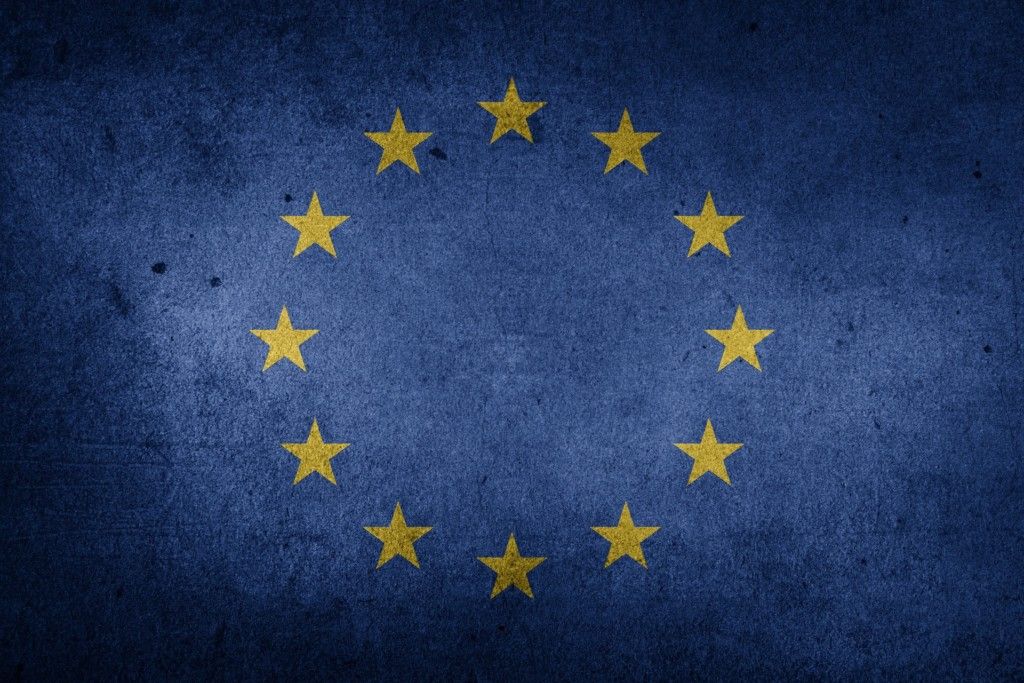Negotiation training in everyday life or “How do you eat an elephant?”
How do you eat an elephant?
Piece by piece.
In my negotiation trainings I impart a variety of new tactical and psychological knowledge. But despite storytelling, simulation practice and didactic integration exercises, the absorbed knowledge still has to be consolidated. And that includes constant practice. Faced with a daunting task – an upcoming marathon, a complex negotiation, a difficult conflict or a company start-up – we often feel anxious, frozen and so we stop before we even begin.









